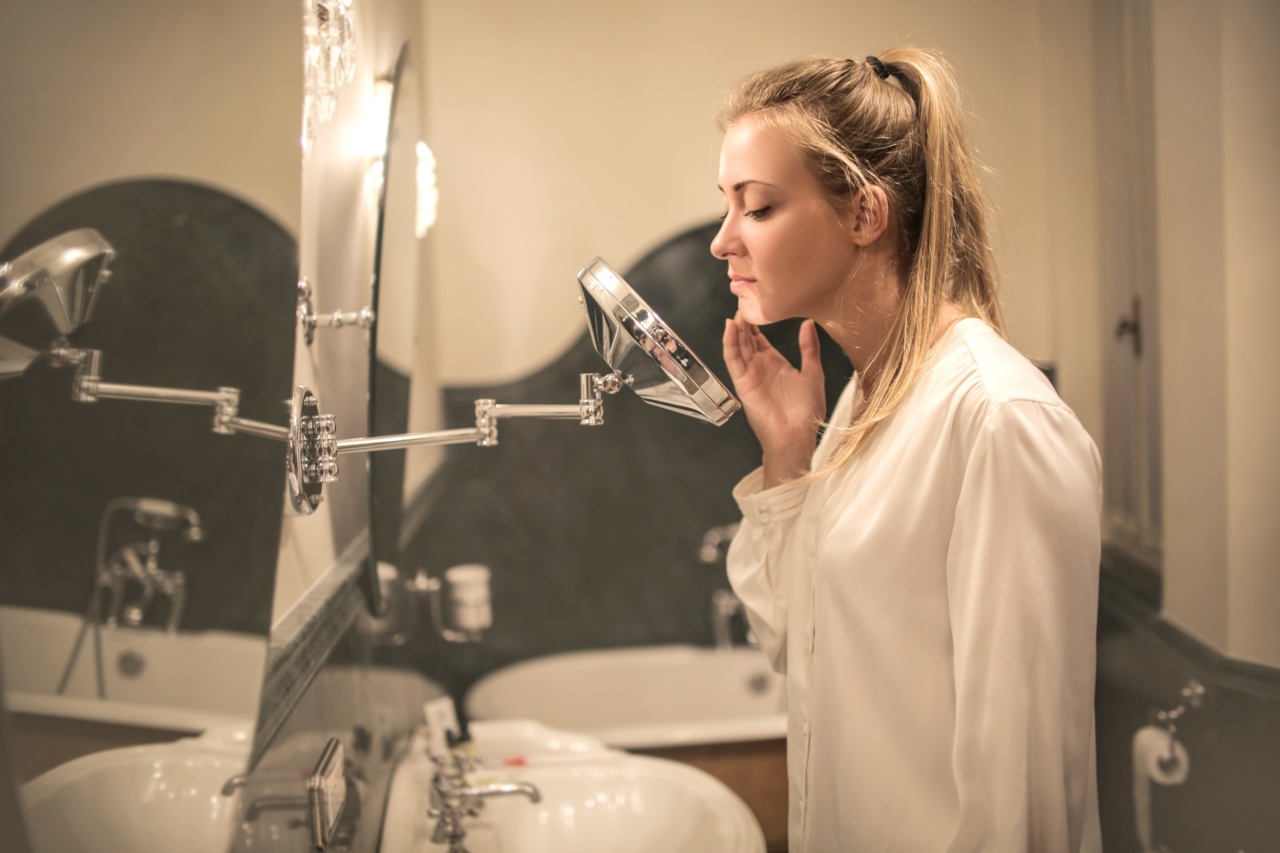Summer is a wonderful time of the year, but it can also bring some unpleasant surprises, especially when it comes to our skin.
The combination of heat, humidity, and increased outdoor activities can lead to an increase in oil production and clogged pores, resulting in breakouts and acne. However, with the right skincare routine, you can keep your skin clear and blemish-free throughout the summer months. In this article, we will guide you through the best skincare routine for summer acne.
1. Cleanse Your Skin Twice a Day
Cleansing is the foundation of any skincare routine, especially when dealing with acne. During the summer, it’s essential to cleanse your skin twice a day to remove excess oil, sweat, and dirt that can clog your pores.
Look for a gentle cleanser that is specially formulated for acne-prone skin and contains ingredients like salicylic acid or benzoyl peroxide. These ingredients help to unclog pores and reduce inflammation. Avoid harsh cleansers that can strip your skin of its natural oils and cause dryness.
2. Exfoliate Regularly
Exfoliation is vital for removing dead skin cells and preventing them from clogging your pores. Choose a gentle exfoliator with ingredients like alpha-hydroxy acids (AHAs) or beta-hydroxy acids (BHAs).
AHAs, such as glycolic acid, help to exfoliate the surface of your skin, while BHAs, like salicylic acid, penetrate deeper into the pores to dissolve excess oil and unclog them. However, be cautious not to over-exfoliate, as it can irritate your skin and exacerbate acne. Limit exfoliation to 2-3 times a week.
3. Use a Lightweight, Oil-Free Moisturizer
Many people with acne-prone skin tend to skip moisturizers, fearing that they will make their skin greasy. However, it is crucial to keep your skin hydrated, even in the summer. Opt for a lightweight, oil-free moisturizer that won’t clog your pores.
Look for ingredients like hyaluronic acid, which help to lock in moisture without adding extra oil. Applying a moisturizer will also help to balance your skin’s natural oil production and prevent it from overproducing oil.
4. Apply Sunscreen Every Day
Sunscreen is an absolute must, regardless of the season. However, it becomes even more critical during the summer months when the sun’s rays are stronger.
Choose a broad-spectrum sunscreen with an SPF of 30 or higher and apply it generously to all exposed areas of your skin. Look for sunscreens labeled as “non-comedogenic,” meaning they won’t clog your pores.
Sunscreen not only protects your skin from harmful UV rays but also prevents post-inflammatory hyperpigmentation (PIH), also known as acne marks, from darkening.
5. Spot Treat Acne with Benzoyl Peroxide
If you’re already experiencing breakouts, spot treating them with benzoyl peroxide can help to reduce their size and redness. Benzoyl peroxide works by killing the bacteria that contribute to acne and reducing inflammation.
Apply a thin layer of benzoyl peroxide cream or gel directly onto the affected areas once or twice a day. However, be cautious as it can cause dryness and irritation, especially if you have sensitive skin. Start with a lower concentration (2.5% or 5%) and gradually increase if necessary.
6. Don’t Forget to Hydrate
Staying hydrated is essential for maintaining healthy skin. Drinking an adequate amount of water throughout the day helps to flush out toxins from your body and keep your skin hydrated from within.
Aim for at least 8 glasses of water per day, and supplement it with hydrating foods like watermelon, cucumbers, and citrus fruits. Hydrated skin is less prone to breakouts and looks more vibrant and youthful.
7. Avoid Heavy Makeup
During the summer months, it’s best to let your skin breathe and avoid heavy, oil-based makeup products that can clog your pores. Instead, opt for lightweight, non-comedogenic formulas that won’t suffocate your skin.
If you need coverage, use a tinted moisturizer or a mineral-based foundation. Additionally, make sure to wash off your makeup thoroughly before going to bed to prevent any potential clogging of your pores overnight.
8. Keep Your Hands Off Your Face
Our hands come into contact with various surfaces throughout the day, making them a breeding ground for bacteria. Touching your face with dirty hands can transfer bacteria to your skin and trigger breakouts.
Avoid touching your face unnecessarily and refrain from picking or popping your acne, as it can lead to scarring and further inflammation.
9. Choose Breathable Fabrics
The clothes we wear can also affect our skin’s health, especially during hot summer days.
Opt for breathable fabrics like cotton or linen that allow your skin to breathe and avoid synthetic materials that can trap sweat and bacteria against your skin. Additionally, make sure to change out of sweaty clothes as soon as possible to prevent pore-clogging.
10. Seek Professional Help if Needed
If your acne persists or worsens despite following a consistent skincare routine, it may be time to seek professional help.
A dermatologist can assess your skin, determine the underlying causes of your acne, and prescribe appropriate treatments or medications to help clear your skin. They may recommend topical retinoids, oral antibiotics, or in severe cases, isotretinoin, a potent medication for severe acne.
In conclusion, taking care of your skin during the summer requires a consistent and targeted skincare routine. Cleansing, exfoliating, moisturizing, and using sunscreen are essential steps to keep acne at bay.
Additionally, avoiding heavy makeup, keeping your hands off your face, and choosing breathable fabrics can further prevent breakouts. Remember to stay hydrated and seek professional help if necessary. By following these tips, you can enjoy the summer season while maintaining clear, healthy, and acne-free skin.




























